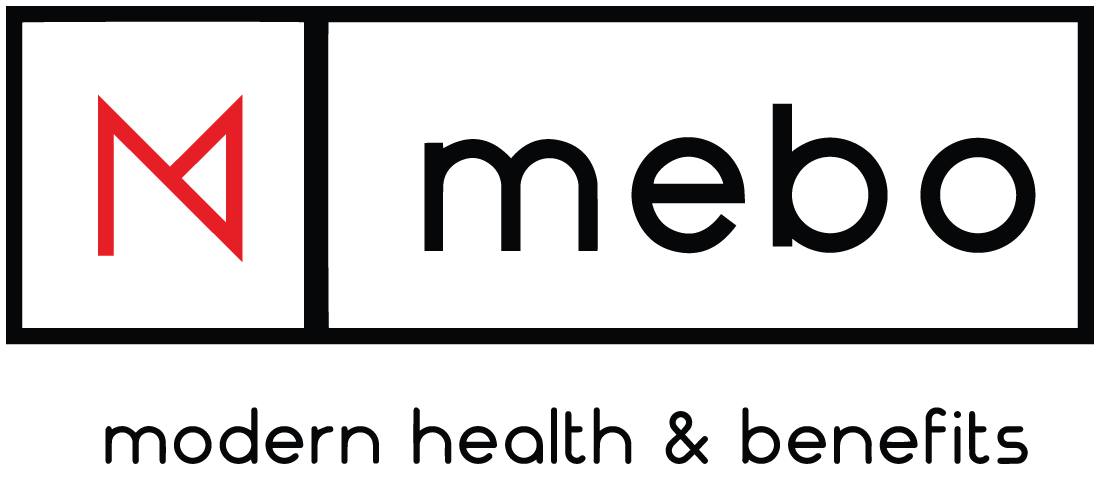Employer Insurance Trends for 2021
The New Year provides a chance for everyone to look towards the future. This has proven especially important this year as many of us wish to leave behind the stress and chaos of 2020. For employers, the New Year represents a chance to evaluate current processes and policies and adjust to meet the changing needs of the company and its employees.
When it comes to employee health insurance benefits, employers could benefit from learning about employer insurance trends for this year.
Health Insurance Rates Rise
According to a survey conducted by Business Group on Health, a non-profit organization dedicated to helping companies optimize business performance through health improvement, innovation, and health care management, large employers expect insurance rates to rise 5.3 percent this year. Although this may seem like a large increase to some, it’s only slightly higher than the 5% increase projected by employers over the past five years.
The 2021 rate increase is due to rising uncertainties surrounding COVID-19 and predicted healthcare needs of Americans throughout the year. Several different factors could impact healthcare costs including COVID-related care, vaccines, and whether or not people will catch up on much needed healthcare they’ve missed throughout the pandemic.
Employers Add New Resources to Employee Health Plans
Despite the economic repercussions of the pandemic, employers seem to understand the importance of providing employee health benefits during these uncertain times. This is different than the recession in 2008, when a high percentage of employers cut back on employee health benefits. It’s not expected that companies will make significant changes to reduce costs in their medical plans this year. In fact, many companies plan to add new resources to their employee health plan.
The survey found that 80% of respondents believe virtual care and telemedicine will play a significant role in how care is delivered in the future. 57% plan to add more virtual care options to their health plan in 2021.
In light of the pandemic and the stress it places on employees, many employers have also begun expanding virtual services to include the delivery of health coaching and emotional well-being support. 91% of respondents stated they plan to offer tele-mental health to employees this year.
Employers Consider New Options for Employee Benefits
As employers navigate tough financial and business decisions in 2021, they may wish to consider other, more cost-effective employee health plans. A popular option, level-funding allows employers to cap the total amount of healthcare spend, while providing employees access to highest quality healthcare. This option provides transparency for employers, allowing them to see exactly where and how they spend their healthcare dollars. Unlike fully insured health plans, employers retain 100% of their savings when claims are lower than expected. This could prove especially beneficial in 2021 as businesses attempt to regain their footing in these tough economic times.
MEBO offers employee benefit packages, custom tailored to the needs and requirements of each organization we work with. Please contact us to learn how we can help you create an employee benefit plan that fits your needs and budget.



